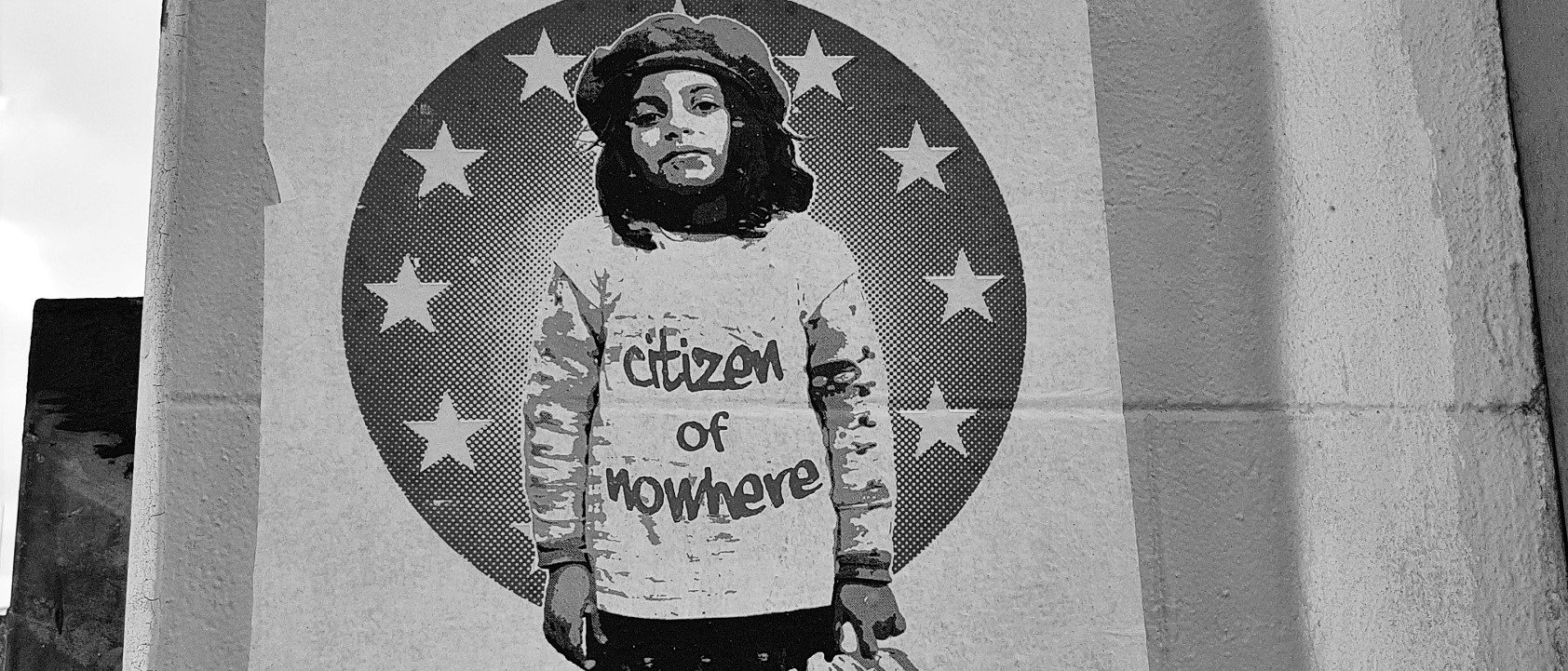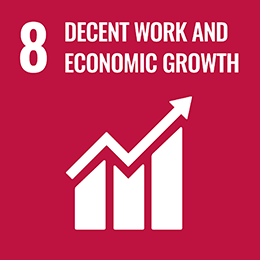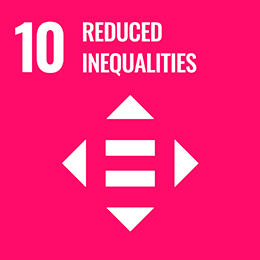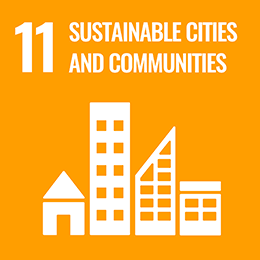Immigration

Share this article
Political Kryptonite
“Go you to France or Flanders, To any German province, Spain or Portugal, Nay, anywhere that not adheres to England: Why you must needs be strangers” – Shakespeare’s Sir Thomas More
More than 400 years ago, a group of writers including Shakespeare wrote a historical play called Sir Thomas More, where More attempted to quell an anti-immigration riot with an impassioned defence of a compassionate refugee policy known as The Strangers’ Case.
The ‘strangers’ of London 1517 were refugees fleeing religious oppression in the Netherlands and France. While Queen Elizabeth welcomed the newcomers, the royal censor, Sir Edmund Tilney, censored the play: “Leave out the insurrection wholly and the cause thereof”, he wrote across the manuscript.
Yet the ‘strangers’ defence continues today. If you had walked along the Bosque de Chapultepec in Mexico City, one of the largest city parks in the Western Hemisphere, in December last year, you would have seen a series of posters along the railings, stretching hundreds of meters. It was organised as a touring international poster contest titled We Are All Migrants by Mexican human rights organisation Escucha Mi Voz in an effort to draw attention to the many issues behind migration.
More than 1,000 entries from designers on five continents resulted in 50 posters from 48 countries all asserting the rights of displaced people. These artists were not asking. They were demanding. Immigration as a right, not a favour.
A few years before. A different moment: late summer, in the elegant gardens of the Cercle de l'Union Interalliée in Paris. A charming, urbane, eminence gris, incarnating in one person the three pillars that determine French life (the École Nationale d'Administration, freemasonry and socialism): “of course, when we were building Europe, we simply did not envisage the movement of peoples on such a scale”, was heard said.
Today, there are 68.5 million people displaced from their homes because of conflict, disaster and oppression, a population the size of the UK or France. But the xenophobic rhetoric of Shakespeare’s era continues.
In fact, immigration is most politicians’ kryptonite. This is precisely why most of them bury their heads in the sand and try never ever to discuss the subject. Just look at what the redoubtable Mutti Merkel’s flip flop on immigration has done; all-but-ended her career.
Contrary to received opinion, however, these immigrants are not all heading for Europe. Most are to be found in Africa and the Middle East, fleeing from Syria, Afghanistan, South Sudan, Myanmar and Somalia. These five countries make up 68% of all refugees worldwide.
Lebanon hosts one in six refugees with Jordan and Turkey, hosting one in 14 and 23, respectively. In 2017, the main countries for asylum were Turkey, Pakistan, Uganda, Lebanon, Iran, Germany, Bangladesh and Sudan. Between 2005 and 2015, economic migration to the Middle East has risen by 50%.
From a European perspective, whilst the absolute number is still not alarming, the rate of change is. According to the Organisation for Migration and UNHCR estimates, around one million migrants and refugees arrived in Europe as of December 2015, three to four times more than in 2014. Just 3% (34,215), came by land to Bulgaria and Greece; the rest came by sea to Greece, Italy, Spain, Cyprus and Malta.
As a politician, it would seem that you cannot be in favour of immigration. You can, of course (as Mr. Farage and Mr. Bannon know) persuade a modern, western electorate to go for anything, if they position themselves as against it.
Nevertheless, even if politicians cannot be seen to be supporting mass migration, it often has its origins in the stroke of a bureaucratic pen; a misguided piece of foreign policy. ISIS (and all of the subsequent displacement that flowed from that) can be traced in part to the US decision to dismantle the Baathist party machine in Iraq.
And that, of course, was preceded by the decision to invade, hunting for non-existent weapons of mass destruction. Further back in time, the dismantling of the British Empire and the Partitioning of India in 1947 led to the largest migration in history as 14 million Muslims, Sikhs and Hindus were displaced.
In Yuval Noah Harari’s latest book, 21 Lessons for the 21st Century, he turns his attention to the topic. “It would be wrong to tar all anti-immigrationists as ‘fascists’, just as it would be wrong to depict all pro-immigrationists as committed to ‘cultural suicide’. [...] It is a discussion between two legitimate political positions, which should be decided through standard democratic procedures.”
Whilst the ‘cartoonisation’ of the debate-terms is accurate, can we really trust democracy to determine this? We have seen how Brexit was determined by bandying around of one single fake news figure; namely that the ‘Brexit money’ could be repurposed for the National Health Service.
The figure of £350 million per week, may not have had the repercussions of Elon Musk’s $420 Tweet, but it was so effective that the current director of the NHS has extracted exactly that from the government before Brexit is even negotiated.
The terms of the immigration debate are themselves contentious. Why should any country let in immigrants? Is it a moral duty? Does it extend only to refugees or also to those simply seeking a better economic future?
And once in, does the immigrant have an obligation to observe minimal cultural norms and values (and should these be tested)? And finally, at what point can that new citizen claim to have truly equal rights to those whose ancestors arrived centuries before? Arguably, we were all immigrants once.
History is not helpful here. Whilst ancient empires did offer a path to full assimilation, it often came over centuries. Try selling that notion to a third-generation Algerian living in the Quartier Nord on the outskirts of Marseille.
Developed world countries are complicit and not simply in their failure to organise a coherent debate. They turn a blind eye to illegal immigration because they know that their largest, most thriving cities rely on cheap, energetic labour to make them run and that, for reasons inescapable to anyone who ever had a newspaper round, the ‘local’ youth don’t want these kinds of jobs.
Who would clean the shiny, metallic fortresses that we call ‘work’; or serve the triple shot-soy-cappo; let alone Uber us home after a ‘team-building’, tipsy Thursday night out? Whilst Boris Johnson as ‘Prime Minister-In-Waiting’ rails against lack of controls on immigration, as Mayor of London, he was “leading the debate on a plan to legalise illegal immigrants”.
On the theme of government complicity and lack of lucid debate, The Times recently pointed out that Brexit is likely to have the result of expelling the productive immigrants¹, whilst leaving less productive (non-European immigrants behind).
“Migration from the rest of Europe brings a big benefit to the British Exchequer. Migration from the rest of the world (which outnumbers European Economic Area migration) is a substantial cost. The average contribution to UK public finances of migrants from the EEA in 2016/17 was £2,310. The equivalent for migrants from the rest of the world was minus £840. The equivalent for British adults overall was minus £70,” Matthew Parris wrote.
We wrote previously of a world in which south and northern Americas embraced each other, their natural resources and their labour forces in such a way as to render that continent a worthy rival to newly nascent China. In a way, the Latinisation of America has already taken place – if only judging by the amount of Spanish spoken in every major city.
Maybe America has found the next generation of believers in the American Dream. The simple idea that (viewing Trumpism as a historical aberration) America is a young nation, where immigrants are welcome and (moreover) are the engine of that nation’s success.
But Europe is a harder case study. A constellation of old nations, with deep cultural traditions and values, both of which the European bureaucrats propose to replace by what exactly? And, against this backdrop an influx of new citizens, bringing with them cultural and religious values that are all that they have – and so naturally they cling to them. All the more so because their new home proposes no rival set of values and has abandoned religion.
In the Strange Death of Europe: Immigration, Identity, Islam, Douglas Murray highlights these powerful (and still little understood) trends. He focuses most on Europe’s collective guilt (for past sins of empire, slavery, holocaust), which he believes neuters all political will to address the issue in any way.
As interesting as the book, are its reviews, which highlight the challenges to any debate involving the word ‘immigration’. Whether you read Gaby Hinsliff in The Guardian talking about the gentrification of xenophobia, or Literary Review’s Eric Kaufmann on the book’s focus of the paralysis of white guilt, it is certainly worth comparing both reviews.
Our last blog focused on the voluntary mass movement of people, namely the tourism industry. It could be harnessed, we thought, for the good of all. But the involuntary mass movement of people—where the natural human instinct to offer welcome and shelter to weary travellers, collapses under the raw logistics and weight of large numbers—now that is different. That rarely ends well.
Trade barriers and people barriers. That is not good for markets anywhere, but is the emerging market sell off of recent weeks, spread via Turkey to Europe’s banks (many cheap to international standards even before the sell-off), a sign of things to come? Do international investors now see Europe as an emerging market play?
Omar Ayache
Photo: © Niki Natarajan 2018
Artist: Georgie
¹ We ignore migration backlash at our peril, (22.9.2018), The Times
Article for information only. All content is created and published by CdR Capital SA. The views and opinions expressed in this article are those of the author(s). Information on this website is only directed at professional, institutional or qualified investors and is not suitable for retail investors. None of the material contained on this website is intended to constitute an offer to sell, or an invitation or solicitation of an offer to buy any product or service. Nothing in this website, or article, should be construed as investment, tax, legal or other advice.
Related articles
Vive La France
France won the world cup. Now, can Emmanuel Macron do for the country what Didier Deschamps has done for their soccer team? To do so, he will have to succeed in reorganising the welfare state, face the endlessly striking unions and tackle immigration.

Peak Welfare
The welfare state today is not fit for purpose. Its architects had not conceived it for a world of 90-year longevity, mass migration or a low interest rate environment. The mathematics of ‘Baby Boomers’ retiring plus low birth rates just does not add up.

Populism Paradox
It doesn’t matter whether or not Trump wins on 8 November because the populism genie is out of the bottle. It is now clear that peak globalisation lies behind us.





